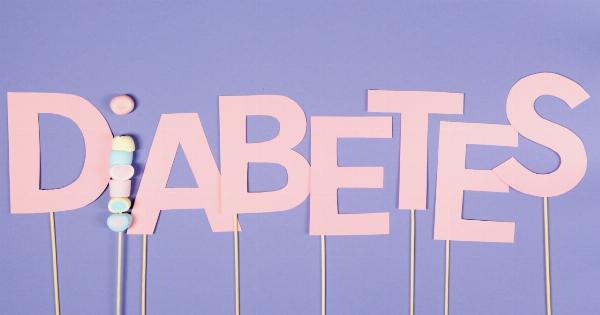Liver cancer is the sixth most common cancer in the world, and it is estimated that it will be responsible for nearly 1 million deaths globally in 2021.
The main risk factors for liver cancer are chronic infection with hepatitis B or C viruses, excessive alcohol consumption, obesity, type 2 diabetes, and exposure to aflatoxins (toxins produced by mold on peanuts and other crops). However, in recent years, there has been growing evidence linking the consumption of sweetened beverages to an increased risk of liver cancer.
What are Sweetened Beverages?
Sweetened beverages are drinks that contain added sugars, such as fructose, glucose, and high-fructose corn syrup. They include carbonated soft drinks, fruit drinks, energy drinks, sports drinks, and sweetened teas and coffees.
According to the American Heart Association, the recommended daily limit for added sugars is 6 teaspoons (24 grams) for women and 9 teaspoons (36 grams) for men. However, the average American consumes 17 teaspoons (68 grams) of added sugars per day, mainly from sweetened beverages.
How do Sweetened Beverages increase the Risk of Liver Cancer?
The precise mechanisms by which sweetened beverages increase the risk of liver cancer are not fully understood, but there are several possible ways:.
1. Obesity and Type 2 Diabetes
Consuming too many sweetened beverages can lead to obesity and type 2 diabetes, both of which are known risk factors for liver cancer.
Obesity can cause non-alcoholic fatty liver disease (NAFLD), a condition in which excess fat accumulates in the liver cells, leading to inflammation and scarring, known as fibrosis. Over time, fibrosis can progress to cirrhosis, a condition in which the liver cells are replaced by scar tissue, leading to liver failure and cancer.
Type 2 diabetes can also lead to NAFLD and cirrhosis, as well as increase the production of insulin-like growth factor (IGF), which can promote the growth of cancer cells.
2. Inflammation
Sweetened beverages can cause inflammation in the liver, which can lead to the development of liver cancer.
A study published in the Journal of Hepatology in 2017 found that consuming sweetened beverages was associated with a higher level of a liver enzyme called gamma-glutamyltransferase (GGT), which is a marker of liver damage and inflammation. The same study found that higher GGT levels were also associated with a higher risk of developing liver cancer.
3. Carcinogenicity of Added Sugars
Some studies suggest that the fructose and glucose in sweetened beverages can be converted in the liver into fat and free radicals, which can damage DNA and promote the growth of cancer cells.
A study published in the Journal of Clinical Investigation in 2009 found that rats that were fed a high-fructose diet developed liver tumors, whereas rats that were fed a low-fructose diet did not. Another study published in the Journal of Nutrition in 2014 found that mice that were fed a high-sucrose diet developed liver tumors more frequently and more rapidly than mice that were fed a high-starch diet.
What does the Evidence Say?
Several epidemiological studies have found an association between sweetened beverage consumption and an increased risk of liver cancer.
A systematic review and meta-analysis published in the Journal of Hepatology in 2019 analyzed the data from seven studies that included a total of 1,139,280 participants and 2,548 cases of liver cancer. The analysis found that the consumption of sweetened beverages was associated with a 31% higher risk of liver cancer, even after adjusting for other risk factors such as alcohol consumption, obesity, and diabetes.
The analysis also found that each additional daily serving of sweetened beverages was associated with a 10% higher risk of liver cancer.
What are the Recommendations?
The World Cancer Research Fund recommends limiting the consumption of sugary drinks and instead consuming water, tea, or coffee without sugar.
The American Cancer Society recommends limiting the intake of sugary drinks as part of a healthy diet, and the American Heart Association recommends consuming no more than 450 calories per week (about three 12-ounce cans) of sugar-sweetened beverages for most women and no more than 640 calories per week (about four 12-ounce cans) for most men.
Conclusion
The consumption of sweetened beverages is a modifiable risk factor for liver cancer, and reducing their intake can help prevent the development of this deadly disease.
It is important to raise awareness among the general public, health professionals, and policy makers about the harmful effects of sweetened beverages and to promote healthier alternatives.






























